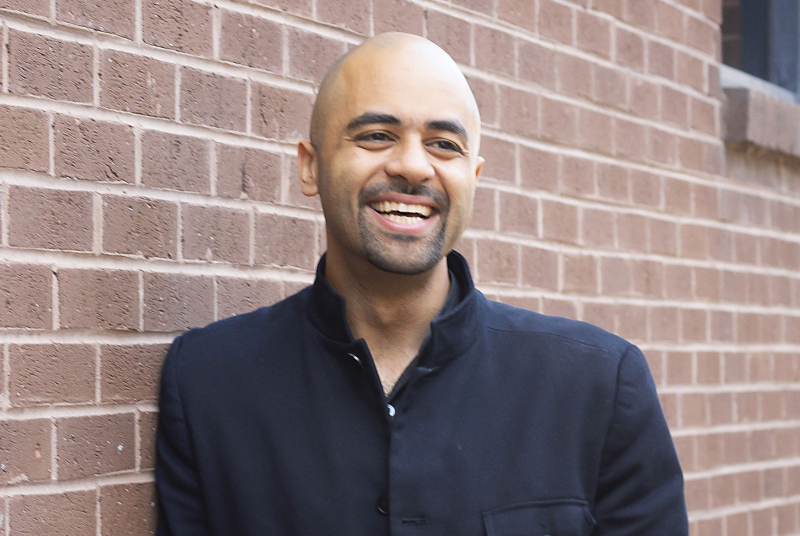
Beyond Policing
Instead of sending police, the city of Durham, North Carolina, now dispatches unarmed behavioral health responders and social workers to deal with low-risk 911 calls. It’s making a positive difference. “We’re reconceptualizing what we mean by public safety and, in some ways, public health,” says Vance, assistant director of the city department that oversees the Holistic Empathetic Assistance Response Team (HEART).
Last October the team successfully resolved more than 680 cases, with 354 diverted from the police department. Most calls concerned mental health crises, trespassing, and urgent and non-urgent welfare checkups. “We’re starting to see this change in mentality in our local environments, and that’s really heartening, especially in the context of public safety and police partners being very receptive toward the new program rollout,” says Vance, who lives in the city with his wife and two children.
Formerly the city’s chief data officer, Vance joined the new department of community safety in 2021 amid widespread protests over police violence. The following year, he helped launch HEART as a pilot program, which expanded citywide last fall. The program has an annual budget of $4.7 million.
“Since the get-go, Anise has been pivotal in the direction, the vision, and the strong implementation we’ve been able to pull off over the past couple of years,” says department colleague Shannon Delaney. “We’ve been able to move swiftly and keep a lot of flexibility, thanks to Anise’s strategic thinking, especially related to data transparency and data analysis, because of his skillsets under his prior role.”










